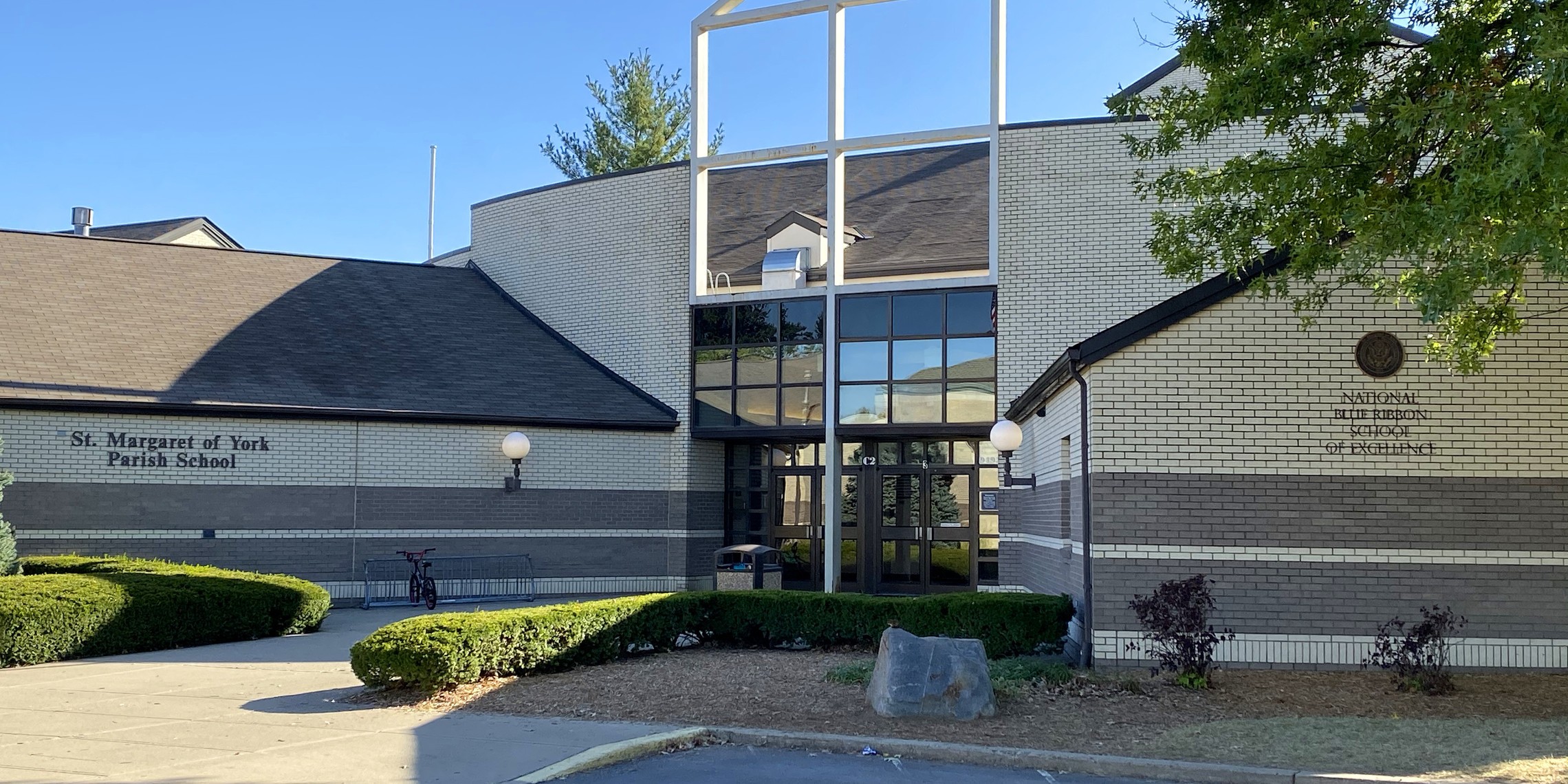December 01, 2024
Welcome to the Domestic Church Corner! This month, we are exploring the Sacrament of the Eucharist. The Eucharist is significant because it is the Body, Blood, Soul, and Divinity of Jesus. Due to its immense depth, we cannot cover everything there is to know about it in a short bulletin article. Instead, we will focus on the effects of the Sacrament and its form and matter, similar to previous articles.
If you want to learn more about the Eucharist, the parish will give away a book titled 33 Days to Eucharistic Glory for Christmas. We will also hold book discussions on it in January, so consider joining in!
The Eucharist is the third Sacrament of Initiation. The Catechism (CCC1324) describes it as the “source and summit of the Christian Life.” "Eucharist" comes from the Greek word "eucharistia”, which means thanksgiving. The Eucharist was foreshadowed in the Old Testament through the manna provided by God in the desert and the lamb of the Jewish Passover meal. Jesus instituted the Eucharist on Holy Thursday while celebrating the Passover meal with His Apostles, an event we know as the Last Supper.
Through the Eucharist, Jesus left us His Real Presence, fulfilling His promise to be with us "always, until the end of the age" (Mt 28:20). As Saint Thomas Aquinas stated in his Summa Theologiae, “Christ has not left us without his bodily presence in this our pilgrimage, but he joins us to himself in this sacrament in the reality of his body and blood.”
Effects
From the Catechism of the Catholic Church (CCC1391 – 1397), we learn about the fruits or effects of the Eucharist:
- Union with Christ – Holy Communion deepens our union with Christ. When we receive the Eucharist, we are brought into an intimate union with Him. As John 6:56 quotes Jesus, "He who eats my flesh and drinks my blood abides in me, and I in him."
- Spiritual Nourishment – Just as material food sustains our bodily life, Holy Communion wonderfully nourishes our spiritual life.
- Separation from Sin – Holy Communion cleanses us from sin. Jesus sacrificed His body and shed His blood to forgive our sins. The Eucharist unites us with Christ while also cleansing us from past sins and helping to preserve us from future sins. While the Eucharist wipes away venial sins, mortal sins must still be confessed through the Sacrament of Reconciliation.
- Unity with the Church – The Eucharist unites us more closely to the Body of Christ, the Church. Those who receive the Eucharist are united more closely to Christ, and through it, Christ unites them with all the faithful in one Body—the Church. Communion renews, strengthens, and deepens this incorporation, which was already achieved by Baptism.
- Commitment to the Poor—The Eucharist reminds us of our duty to serve those less fortunate. Christ came to us as a poor baby, and by serving the poor, we serve Jesus.
Form and Matter
To recap, the form of a Sacrament is what is said and done, while the matter is what is physically required to celebrate the Sacrament. For the Eucharist, the form consists of the Words of Institution spoken by the priest during Mass. Only a priest can consecrate the Eucharist, and this can only occur during the Holy Mass. The words are:
“Take this, all of you, and eat of it. For this is my body, which will be given up for you.”
“Take this, all of you, and drink from it. For this is the chalice of my blood, the blood of the new and eternal covenant, which will be poured out for you and for many for the forgiveness of sins. Do this in memory of me.”
The matter of the Eucharist includes unleavened wheat bread and wine. During the Mass, a few drops of water are added to the wine before consecration. Things like gluten-free bread, oat bread, or grape juice are not acceptable matter for the Eucharist.
Outside of receiving the Eucharist during Mass, we can also show our worship to Jesus in the Eucharist through Eucharistic Adoration. You can learn more about Adoration on our website at https://smoy.org/blog/adoration-10. Join us for Adoration on Thursdays and Saturdays and check our bulletin for available times.
This is just a glimpse into the theology and depth of the Eucharist. If you would like a recommendation for additional resources on the Eucharist, please contact Birgitt at bhacker@smoy.org.
More News...
Important Update on Morning Drop-Off and Mass Time Changes Due to Construction
August 22, 2024
The school year is off to a wonderful start! We are so happy to have the children and...Read more
Columbia Road at Davis Rd Construction Begins Soon
July 10, 2024
Columbia Road and Davis Road/Myrtle Ave. intersection will be closed for the construction of a roundabout beginning Monday,...Read more






